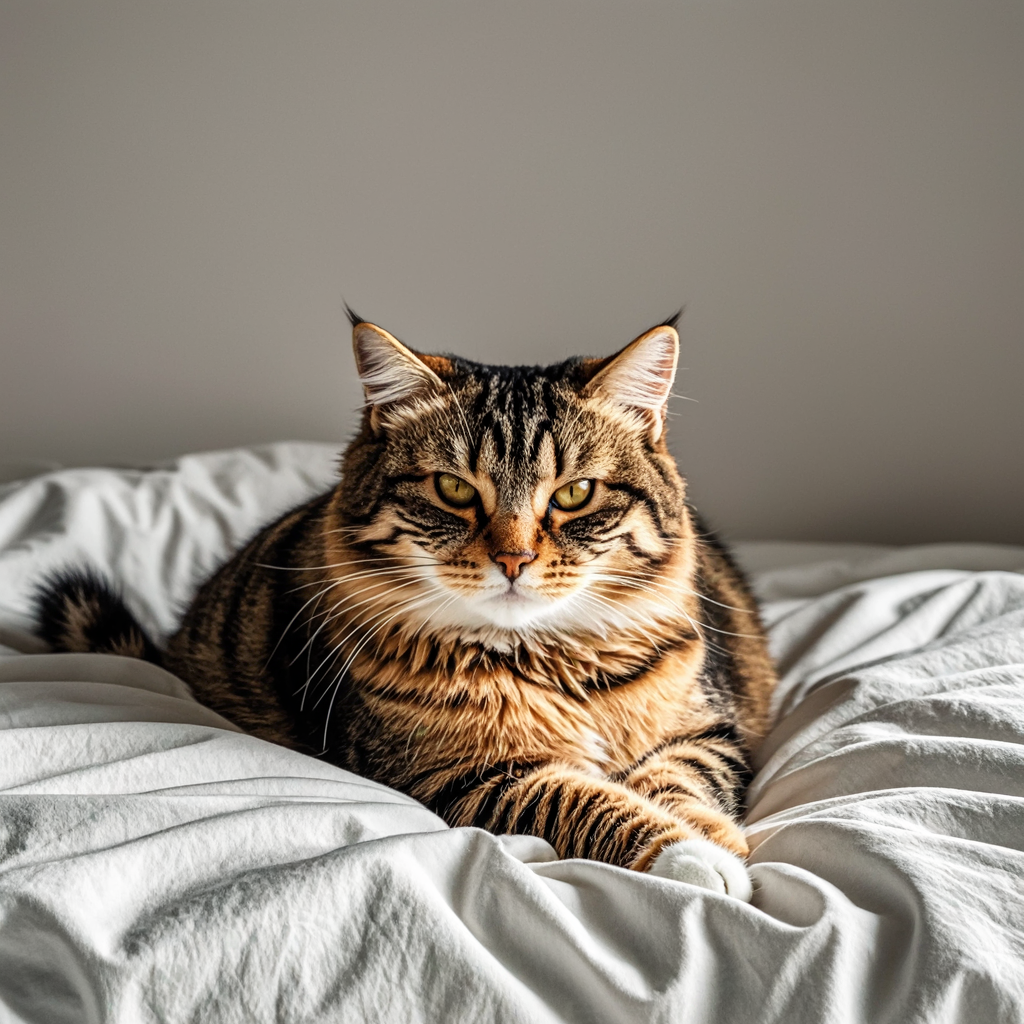As cats age, their needs change, and they require special care to ensure they remain healthy and comfortable. Senior cats, generally those over the age of 7-10 years, can experience various age-related issues that necessitate adjustments in their care routine. Here’s a comprehensive guide on how to care for senior cats, focusing on diet, health, and overall well-being.
1. Adjust Their Diet
Nutrition is crucial for maintaining the health of senior cats:
- Specialized Senior Cat Food: Choose high-quality cat food formulated specifically for senior cats. These foods are often lower in calories to prevent weight gain and higher in fiber to support digestive health.
- Hydration: Ensure your senior cat drinks enough water. Wet food can be beneficial as it provides additional moisture and can be easier to eat for cats with dental issues.
- Monitor Weight: Keep an eye on your cat’s weight. Both obesity and weight loss can be signs of underlying health issues. Consult your vet if you notice significant changes.
2. Regular Veterinary Check-Ups
Frequent veterinary visits are essential for detecting and managing health issues:
- Biannual Check-Ups: Schedule vet visits at least twice a year. Senior cats are more prone to health problems, and regular check-ups help catch and address issues early.
- Dental Care: Dental health is critical in older cats. Regular dental check-ups and cleanings can prevent painful dental diseases.
- Blood Tests and Screenings: Routine blood work can help monitor kidney function, liver health, and detect diseases like diabetes and hyperthyroidism.
3. Maintain a Comfortable Environment
Creating a comfortable living environment can significantly enhance the quality of life for your senior cat:
- Accessible Spaces: Make sure your cat can easily access their favorite resting spots, food, water, and litter box. Consider using ramps or steps to help them reach higher places.
- Warmth and Comfort: Older cats often appreciate warmth. Provide soft, warm bedding in a quiet, draft-free area.
- Litter Box Accessibility: Use a litter box with low sides for easy entry and exit. Place multiple litter boxes around the house to reduce the need for climbing stairs.
4. Monitor and Manage Health Issues
Be vigilant about signs of aging and manage any health conditions appropriately:
- Arthritis and Mobility: Arthritis is common in older cats. Supplements like glucosamine and chondroitin, prescribed pain medications, and providing soft bedding can help alleviate discomfort.
- Kidney Disease: Chronic kidney disease is prevalent in senior cats. A special renal diet, adequate hydration, and medications can help manage this condition.
- Hyperthyroidism and Diabetes: These conditions require specific treatments, including medication, diet changes, and regular monitoring by your vet.
5. Provide Mental and Physical Stimulation
Keeping your senior cat mentally and physically active is important for their well-being:
- Interactive Play: Engage your cat in gentle play with toys that encourage movement but don’t strain their joints.
- Environmental Enrichment: Provide scratching posts, puzzle feeders, and safe, stimulating toys to keep their mind active.
- Companionship: Spend quality time with your cat. Gentle petting, brushing, and talking to them can help reduce stress and strengthen your bond.
6. Grooming and Hygiene
Regular grooming helps maintain your cat’s hygiene and comfort:
- Brushing: Older cats may groom themselves less effectively. Regular brushing helps prevent matting and keeps their coat healthy.
- Nail Trimming: Keep your cat’s nails trimmed to prevent overgrowth and related issues.
- Ears and Eyes: Check and clean your cat’s ears and eyes regularly to prevent infections.
7. Monitor Behavioral Changes
Changes in behavior can indicate health issues or discomfort:
- Appetite and Drinking: Keep an eye on your cat’s eating and drinking habits. Changes can be a sign of illness.
- Litter Box Use: Monitor for any changes in litter box habits, as this can indicate health problems.
- Activity Levels: Reduced activity or changes in social behavior can signal pain or other health issues. Consult your vet if you notice significant changes.
Conclusion
Caring for a senior cat involves attention to their changing needs and providing a supportive, comfortable environment. With proper diet, regular veterinary care, mental and physical stimulation, and attentive monitoring, you can help your senior cat enjoy their golden years with health and happiness. Always consult with your veterinarian for personalized advice and support tailored to your cat’s specific needs.
